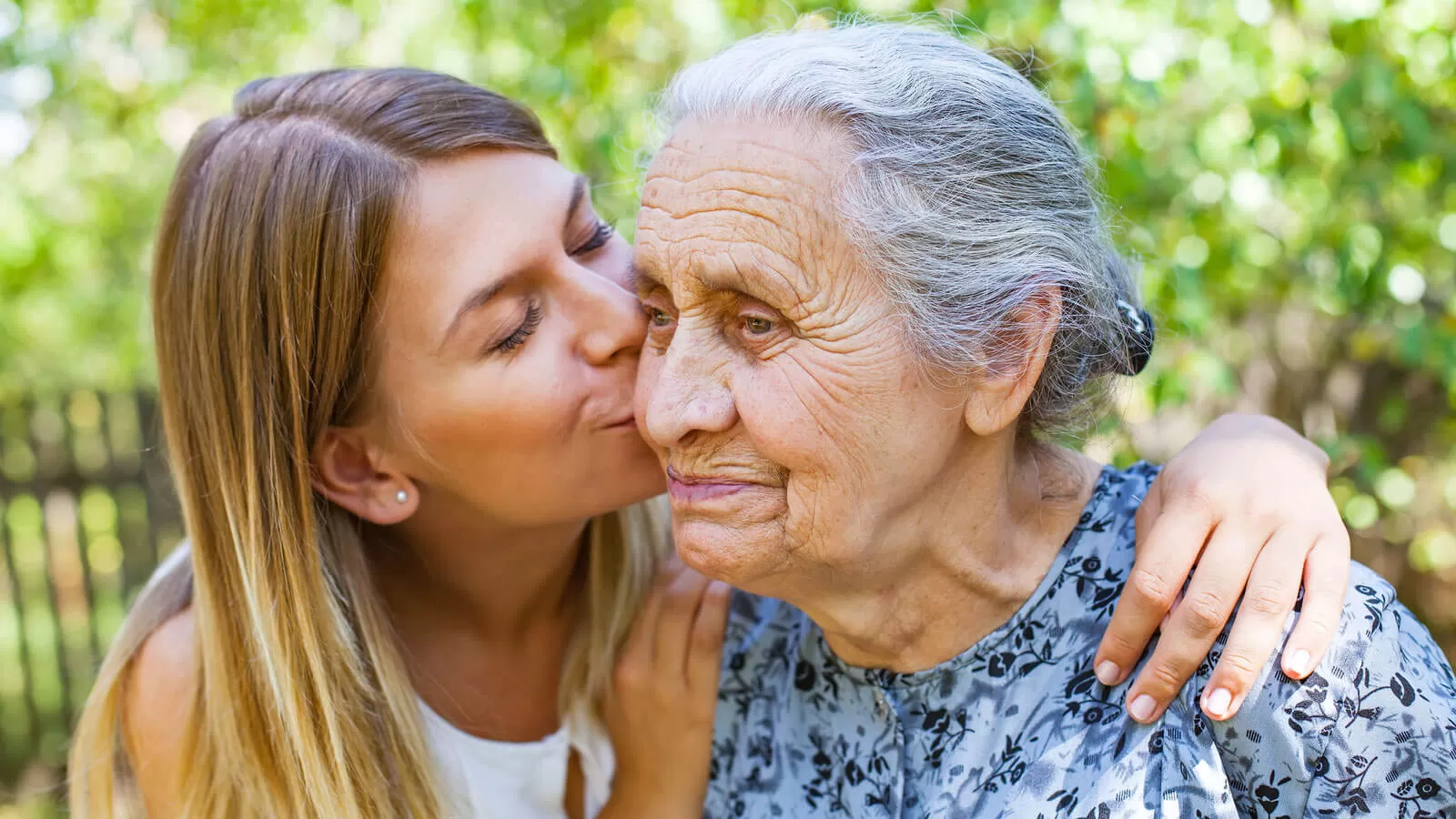Caregiver Support: A Guide to Self-Care for Caregivers

A mother helps her daughter through dialysis at night and goes to work without sleep.1 A wife cares for her husband as he spends 110 days recovering from treatment for acute myeloid leukemia in a hospital 250 miles from home.2 A son quits his job to support his mother after she suffers a series of strokes.3
Each caregiver’s story is different, but their combined efforts serve as a lifeline to millions of people. Caregivers support children, parents, grandparents, family members, spouses, neighbors, and friends throughout our communities, from helping people out of bed and dressing wounds to preparing meals and managing bills.7 However, one of caregivers' most important—and overlooked—responsibilities is to themselves.
“Self-care is essential for the caregivers’ benefit, of course, but also for the health of the people they care for and the health of our communities,” says Dr. Maria Rivas, Chief Specialty and Primary Care Medical Officer and Head, Evidence Generation at Pfizer.
Though caregiving can be gratifying, it often calls for personal sacrifice, and its strain on physical, mental, and emotional health can be severe.7 A set of tools for identifying burnout, alleviating stress, and protecting physical health is as vital to any caregiver as a first aid kit and medication log.
Caregivers Prop Up the Country
Caregivers’ value to society can’t be overstated.
The Centers for Disease Control and Prevention calls informal caregivers the “backbone” of long-term care at home—and for good reason.4 In 2021, nearly 40 million family caregivers in the United States contributed 36 billion hours of care to an adult with limitations in daily activities, according to an AARP study.5 That’s just a sliver of caregivers’ contributions to people of all ages and needs across the country.6 And the nation’s reliance on informal caregivers is likely to grow as the nation ages.7
So, too, is the demand for paid caregivers. The Bureau of Labor Statistics estimates that between 2022 and 2032, the employment of home health and personal aides is projected to grow faster than the average occupational growth with about 684,000 positions projected to open each year.8
Caregivers Face Daunting Challenges
As new caregivers answer the call, they will discover what many veterans know today: Caregiving can inspire a new appreciation for life, nurture closer relationships, and build self-esteem, but it comes at a cost.9
On average, family caregivers dedicate about 18 hours a week to supporting family members or friends, according to the AARP.5 Many carve out the time around work, as about three-fifths of family caregivers have jobs.5 It’s no surprise, then, that nearly 37% of caregivers report not getting enough sleep.4
The ongoing stress of caregiving can raise a caregiver’s risk of depression and anxiety, an impaired immune system, weight gain, chronic illnesses, and struggles with attention and short-term memory.10 Making matters worse, about 41% of caregivers report having two or more chronic diseases, and many caregivers neglect their health concerns as they help others.4 These burdens add up: Almost one-quarter of caregivers report that it is difficult to focus on their own health.11
That’s why caregivers need to care for themselves. “Just as you’re told to put your oxygen mask on first before helping others on a plane, caregivers must prioritize their own well-being,” says Dr. Rivas.
Self-care for Caregivers: A Checklist
Caregivers who look after themselves are better equipped to help others. But where should they begin?
Here's a checklist to help caregivers incorporate healthy self-care habits into their routine:
- Check for signs of stress. These can include feeling overwhelmed or isolated, over- or under-sleeping, and heightened irritation.10
- Seek services from the National Family Caregiver Support Program. The initiative funds other organizations services’, ranging from information and support services to respite care and counseling, for eligible caregivers who look after older adults or children.12
- Get enough sleep. Exhaustion can lead to illness and irritability.13
- Stay active. Set aside time for exercise and stress-relieving activities.13,14
- Eat a healthy diet. Choosing nutritious foods is an important part of taking care of your own health.10
- Preventive care. Attend recommended check-ups, just as you would advise the person you care for to do the same.13
- Seek support through groups and other caregivers. Community can provide invigorating support and understanding, not to mention helpful caregiving tips.10,13
- Access respite care. Every caregiver needs breaks from their responsibilities, which respite care delivers. Time apart can also be important for the people caregivers support.10,14
- Accept help. Caregiving is not a solo trek. Seeking and welcoming assistance from others frees up time to recharge.14
Caregivers are united by their dedication to caring for people in need. But when caregivers burn out or fall ill, they cannot help anyone. To serve millions of people across the country through long nights and difficult days, caregivers need to look inward.
They need to care for themselves.





